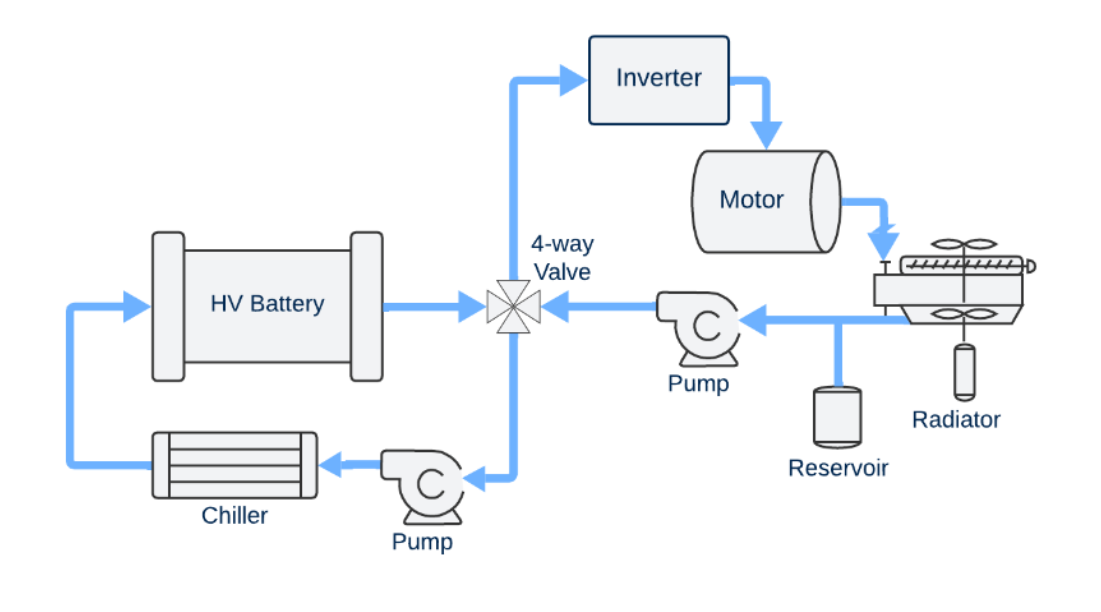A groundbreaking AI tool developed by Murdoch Children’s Research Institute (MCRI) and The Royal Children’s Hospital (RCH) can detect tiny brain lesions that cause severe epilepsy in children, enabling faster diagnosis and more precise treatment.
The “AI epilepsy detective” identifies focal cortical dysplasias—abnormal brain tissue the size of a blueberry—in up to 94% of cases using MRI and FDG-PET scans. The study, published in Epilepsia, included 71 children and 23 adults with drug-resistant epilepsy. Before AI analysis, 80% of these lesions were missed in standard MRI reviews.
Early detection is critical, as cortical dysplasias, which form before birth, can trigger frequent seizures starting in preschool years. Accurate identification allows timely epilepsy surgery, reducing seizures and improving long-term development. In the study, 12 of 17 children who underwent surgery were now seizure-free.
Parents of affected children, like Gurjinder whose 5-year-old son Royal had multiple daily seizures, emphasized the transformative impact of early detection. Thanks to the AI tool, Royal’s cortical dysplasia was located and removed, resulting in a seizure-free outcome and improved quality of life.
Researchers plan to expand the AI tool to pediatric hospitals across Australia, offering hope for faster, more effective treatment for children with epilepsy.








